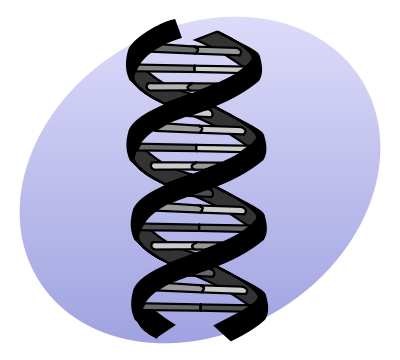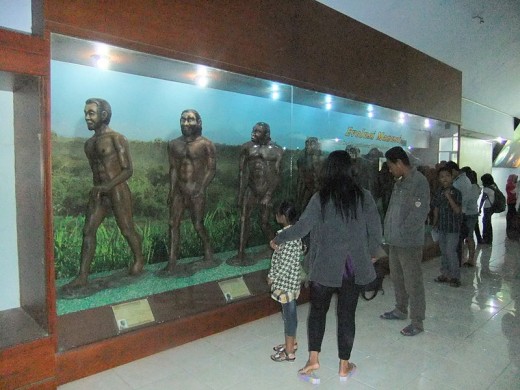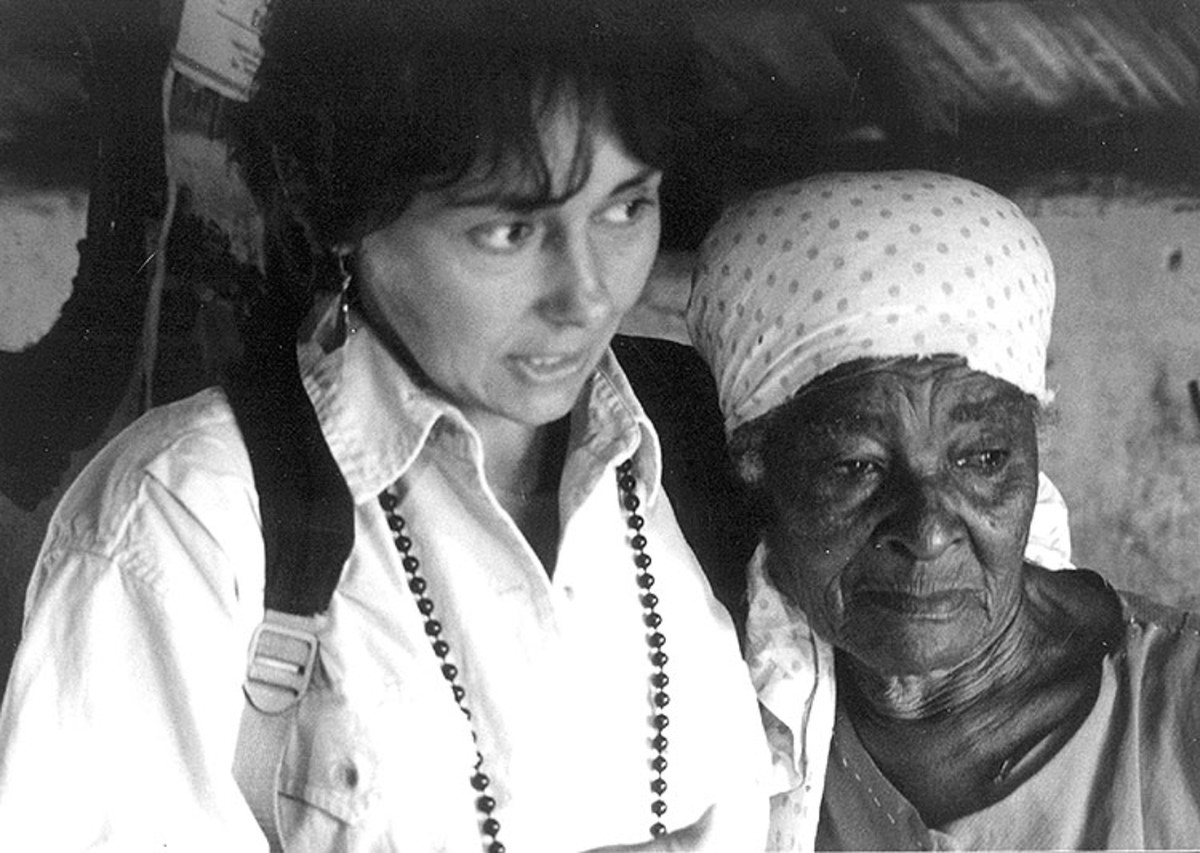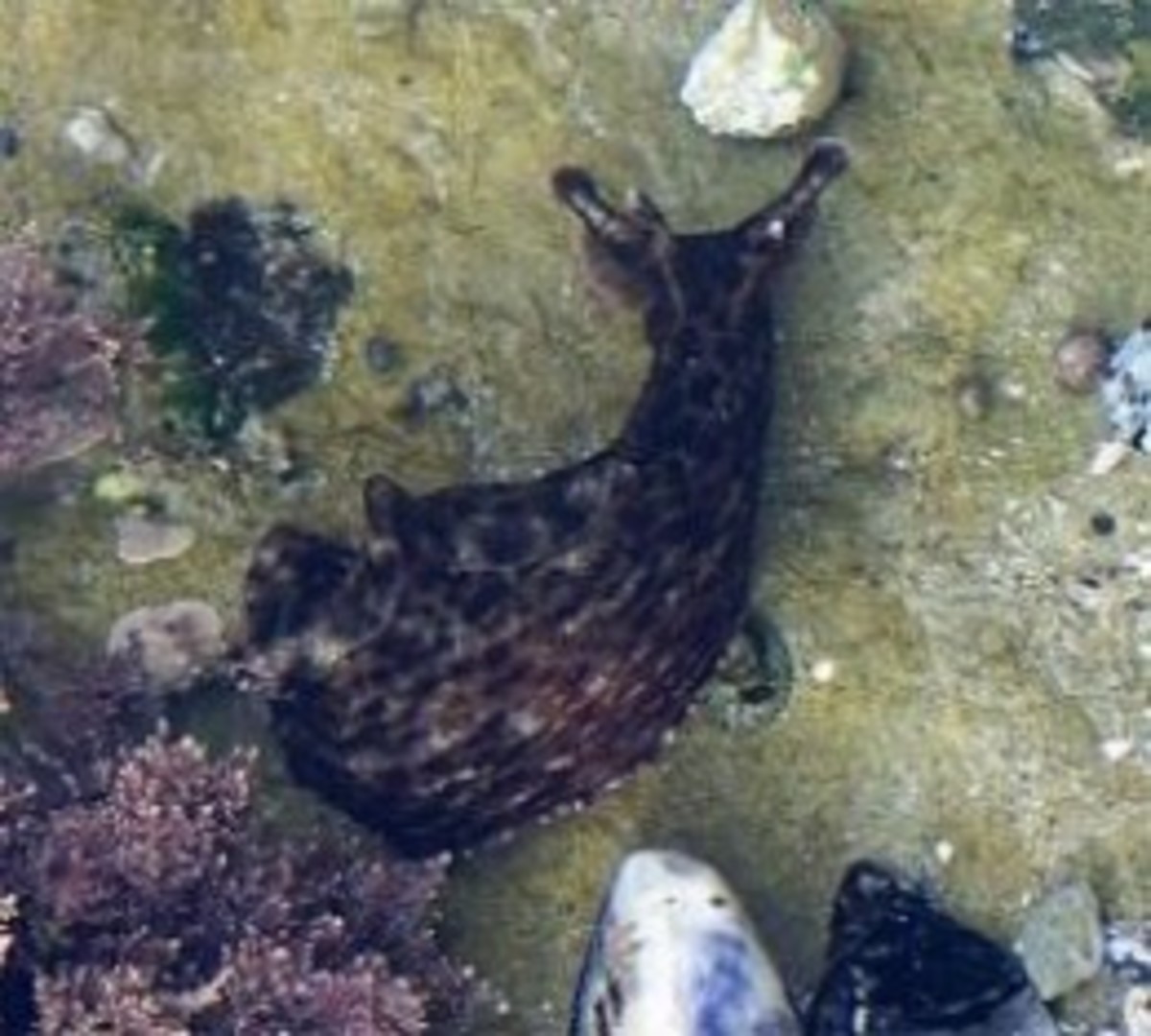Scientists Who Study Humans
Scientists Seek Answers to Questions

Science Will Never Be Finished... There Will Always Be More Questions That Need to Be Answered
Scientists seek knowledge. Through observation and experimentation they seek to answers to questions. Science is a process of discovery that helps us all understand the world better. Science looks at how things work today, in the past, and how they are likely to work in the future. Through scientific methods, a scientist can uncover new information and make new discoveries, no one has ever done before. Science will never be finished. With each new discovery, our knowledge expands, and leads to new questions and new desires for future investigations.
Science can be divided in two distinct groups : natural sciences and social sciences.
Natural sciences study biology and natural phenomena. Social sciences study human behavior.
Science is a very big field. Below are some scientists who try to study human beings.
Archaeologists Dig Square Holes

Archaelogists
Archaeologists are scientists who study cultures, ancient and current to study how they lived and interacted in their environment. They study prior cultures through artifacts that people have made and used, and modified.
Archaeologists analyze bones to understand how people behaved in the past. They will live among a group of people they are studying currently to understand their beliefs and customs.
Archaeologists investigate sites, and garbage dumps to seek answers that will give them clues to their lifestyle.
The word archeology comes from the Greek word meaning ancient. In studying the remains of past civilizations, it gives great clues to the progress of man.
They conduct digs at sites that help them understand more about these people of the past. They conduct their digs using a grid system, so all dig holes are square.
Anthropologists
Anthropologists study people and their cultures.Anthropologists study the past and present of human beings. Anthropology uses the knowledge from many different branches of science. Sociocultural anthropology studies the social patterns across cultures, especially looking at how people live in their lives in their environment by looking at the similarities and differences of the people. Anthropologists look at occupations, health, ecology, education, environment, farming, and social changes in a society.
- Physical or biological anthropology look to understand how man adapts to various environments, and how biologically and culturally, these processes work together to mold behavior, growth, development. These scientists also look at the diseases and lifespans within that society. Biological antropologists study other primates, informatin from paleoanthropology, prehistory, genetics and biology of people of today.
- Cultural anthropology -Cultural anthropologists involve the study of how human beings live, coexist, and function in their environment. Cultural anthropologists may live among and interview the people they are studying. They contrast and compare the culture of these groups of people with others.
- Anthropological linguistics studies the ways language affects and influences society. Language practices define the ways people communicate that help them understand society and patterns of interacting.
Epidemiology
Epidemiologists study the spread of diseases and try to determine the how and whys of diseases and epidemics. They study why certain diseases occur in the places they do. Almost any disease will be studied, from heart disease and cancer to infectious diseases and other health conditions that threaten a society.
An epidemiologist will look for solutions to prevent these health concerns. These scientists look to educate the public about carcinogens in the environment, cigarette smoking, and environmental dangers.
Epidemiologists work to fight against communicable diseases and environmental pollutants to create better health conditions for us all.
The Study of Genetics

The Study of Genetics
Geneticists study how DNA, genes, and traits are inherited.
Genetists work in the field of medicine, in pharmaceuticals,in agriculture, and crime. They will look for the origins of disease, inherited traits, and birth defects among many other aspects of research.
By uncovering the secrets of our genetic code, they learn how to prevent and treat afflictions. Geneticists work in the agriculture industry to develop hardier crops or can grow in different conditions.
Using technology from DNA discoveries, they help solve crimes. In all aspects, genetics is a science for the 21st century, and will lead the way for many future advancements.
Neuroscientists
Neuroscientists study the nervous system and help to create a greater understanding of the thought processes, emotions, and human behavior. They examine nerve cells, brain systems, behavior, and neural networks. They study how the nervous system develops, what is normal functioning, and neurological disorders. Human beings have approximately 100 billion neurons, which are the electrical signals that communicate within our nervous system. They study how the brain changes and grows, and study human behavior. They learn about memory and perception, and how the brain functions. Clinical neuroscientists are psychiatrists and neurologists and medical specialists use and develop diagnosis that help disorders of the mind.
Paleoanthropology

Paleanthropology
What is paleoanthropology? Paleoanthropology is the study of human evolution. Anthropology is the study of culture, society, and biology, and studies the difference between humans and other species through their genes, physical form, biological functioning, and behavior. Paleoanthropologists look for the roots of human traits, physically and behaviorally. Using evolution, they try to uncover how evolution formed the tendencies, limitations and potentials of man. Paleoanthropology investigates the origin of species. Evolution does not fit with the belief of all people who’s religious traditions do not acknowledge scientific evidence.
Fossils give the most clues to our ancient past. Fossils are made up of bones, footprints, tools, remnants of housing, and other marks that were preserved naturally. Scientists study the size, shape, and mucle markings on these fossilized bones to learn about the changes in physical appearance of human. By study the markings left by muscles on bones, we can learn how man moved around, how they used and held their tools, and about the size of their brains. Archaeologists understand about the tools early man used, how they made and used them, and how they interacted in their environment at that time. Archeological evidence has to do with the things man made and the places scientists uncovered them.
Paleontology
Paleontology is the study of prehistory through fossils to determine the evolution, and environmental interaction of organisms. Paleontology became an established science
in the 1700’s, but grew rapidly in the next century.
The prefix paleo comes from the Greek word meaning ancient or old. Through palaeontology we have learned much about evolution and how
Earth supported life millions of years ago.
Using fossils, palaeontologists are able to uncover much about the history of organisms.
Paleontology differs from paleoanthropology, Paleontology studies prehistoric life. Paleoanthropology studies ancient man.
The Science of Being Human
In the 16th and 17th centuries, scientists began to reflect on the origins of man. Since then, science has progressed and developed into many branches that help give us all greater insight into understanding what it takes to be a human being.
- Why Do We Yawn?
What do you think of when someone yawns and stretches? Is the first word that comes to mind pandiculation? It isn’t for me but, pandiculation is the act of yawning and stretching together. Yawning is usually associated with boredom or being... - Peoplality: Where Does Personality Come From? - Disc...
Where exactly personality comes from still has some mystery to it. Genetics, environment, experiences, all play a big role in who we are, in our behavior and how we react to situations. Science has long studied how biology and genetics influence our. - The History of Bathing from Ancient to Modern Times
Bathing and showering, washing our hands are part of our routine cleanliness habits. We probably have given little thought to its origins in civilization, customs in society or even to the invention of the running water. Starting with the dawn... - Who is Isaac Newton
If Isaac Newton was never born, what would we think about the world today? Until Sir Isaac Newton came up with many of his theories, people had many misconception about the way things worked, and how the universe and our planet, Earth, were... - Ben Franklin: America's First Environmentalist
The Creativity and Genius of Ben Franklin A man ahead of his time even in today’s era of green businesses The more you read about Benjamin Franklin, the more fascinating a character you will find he was....









